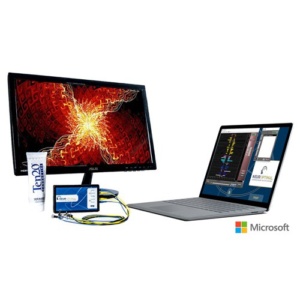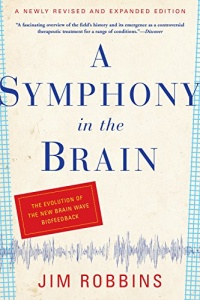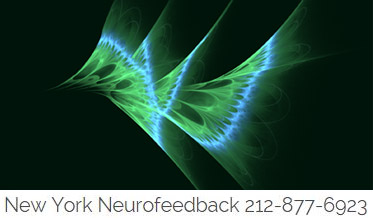-
The History of Neurofeedback
- Posted on August 29, 2017
- by Catherine Boyer
- in NeurOptimal®, New York Neurofeedback, The Brain
- 3 Comments.
I had never heard of neurofeedback until 2002, when I was looking for help with life long sleep management problems that got worse the older I got.

After trying all sorts of things — meditation, relaxation training, supplements, recordings for sleep — a colleague recommended neurofeedback. I found a trainer in New York. Pretty quickly my sleep habits improved. I was waking up feeling refreshed.
Not long after that I decided to become a NeurOptimal® trainer. It’s work that I love.
The history of neurofeedback
The fact that I hadn’t heard of neurofeedback doesn’t mean it hadn’t been around. Neurofeedback actually goes back to the 1960s. It has a really interesting history that includes experiments involving manned space flight.
Why didn’t it become more available sooner? One reason is that prior to the development of the Pentium chip in 1993, neurofeedback could only be done in hospital or university settings. They were the places that had what were then called super computers. That’s what was needed.
Now the tablet I’m typing this post on has more than enough power. This means that you can obtain neurofeedbac
 k in many ordinary settings, like my office.
k in many ordinary settings, like my office.If you’d like to read more about the history of linear neurofeedback, I recommend A Symphony in the Brain by Jim Robbins. (I love the title.) Robbins makes science understandable and entertaining for non-scientists.
The book stops short of NeurOptimal® Dynamical Neurofeedback® and its paradigm shift from linear neurofeedback. Read more about the differences between the two on this page of NeurOptimal®‘s website. Or look at this chart comparing the two.
NeurOptimal® is state of the art neurofeedback, effective, and virtually side effect free. I find it very exciting and rewarding using this cutting edge technology with my clients and watching the changes that take place for them.
Catherine Boyer, MA, LCSW-R
New York Neurofeedback
If you enjoyed this article please consider sharing it!






I found a collection of book on the google about ADHD and neurofeedback. The collection is very nice and well informed. The above mentioned book is also on that resource and so many articles are also there. If you are interested more, i suggest you- http://www.sandiegoneurofeedback.com/Other_Services.html
Thanks for your comment and the link. Attentional problems are among the conditions that have been most studied using neurofeedback. I’ve seen very satisfying results.
Hi,
I am very happy to listen you.
It is a pleasure to help someone.